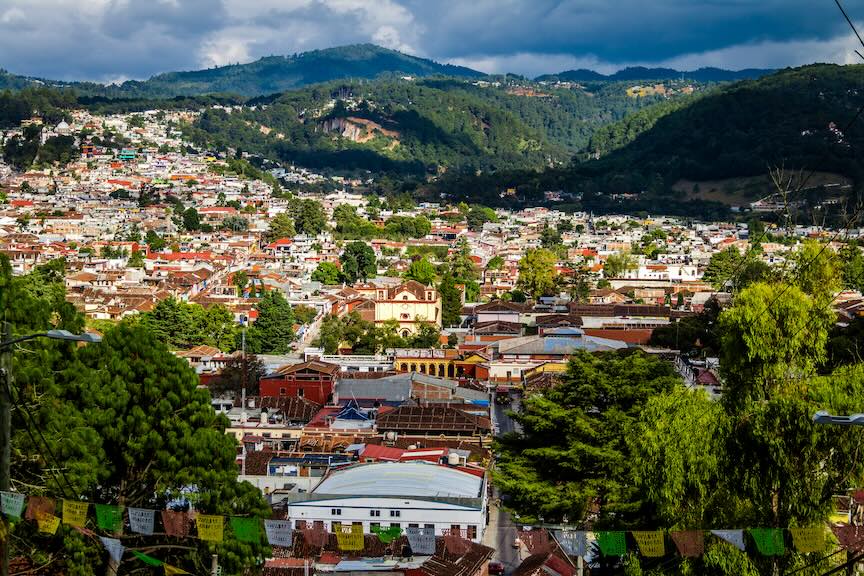Honduras and El Salvador

After Honduras lost a soccer game against El Salvador, rioting broke out in Honduras against Salvadorian migrant workers. Of the 300,000 Salvadorian workers in Honduras, tens of thousands were expelled, prompting the Salvadorian army to invade Honduras. The OAS eventually worked out a cease-fire.
The "Football War," a brief conflict between El Salvador and Honduras in 1969, stemmed from long-standing tensions over land reform and immigration. Honduras, with its larger landmass but smaller population, became a destination for many Salvadorans seeking land and work. This migration led to social and economic strains, setting the stage for conflict. The immediate trigger was a series of 1970 FIFA World Cup qualifying matches between the two nations, where violence erupted among fans. The situation deteriorated after El Salvador's decisive victory on June 27, 1969, leading to a surge of anti-Salvadoran sentiment in Honduras.
Following the matches, riots broke out in Honduras targeting Salvadoran immigrants, resulting in the expulsion of tens of thousands of Salvadorans. On July 14, 1969, El Salvador responded by launching an invasion of Honduras. Initially, Salvadoran forces made gains, but the conflict quickly reached a stalemate as the Honduran military mounted a defense. The Organization of American States (OAS) intervened, and a cease-fire was declared on July 18, 1969. Salvadoran troops withdrew from Honduras in early August, ending the brief but intense conflict.
The war resulted in significant casualties, with estimates ranging from 2,000 to 6,000 dead, and considerable damage to infrastructure. Diplomatic relations between the two countries remained strained for years, highlighting the severe immigration and land reform issues in Central America. The "Football War" serves as an example of how deep-rooted political, social, and economic tensions can be ignited by seemingly unrelated events, such as sports competitions, leading to international conflict.
 >
>